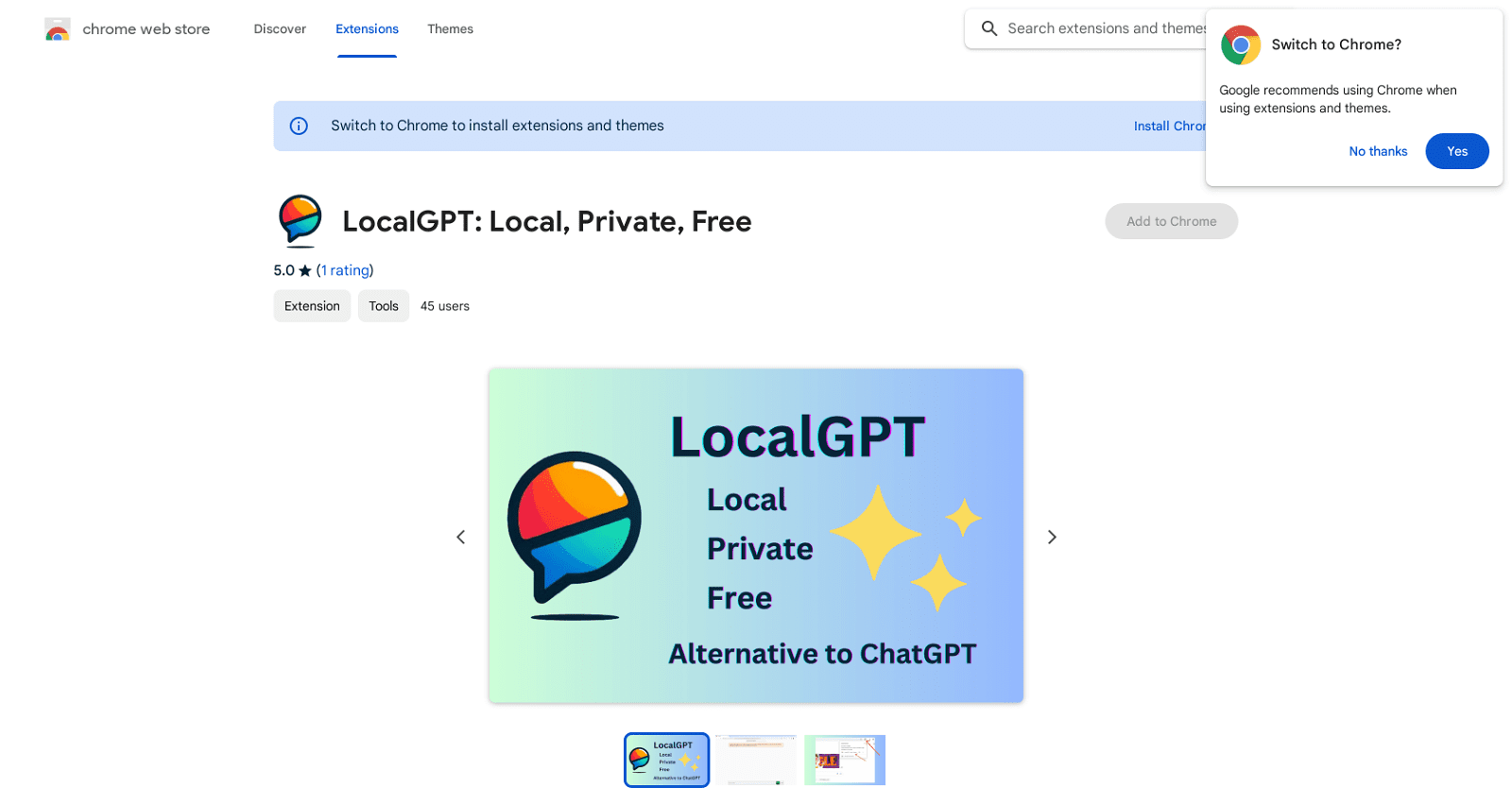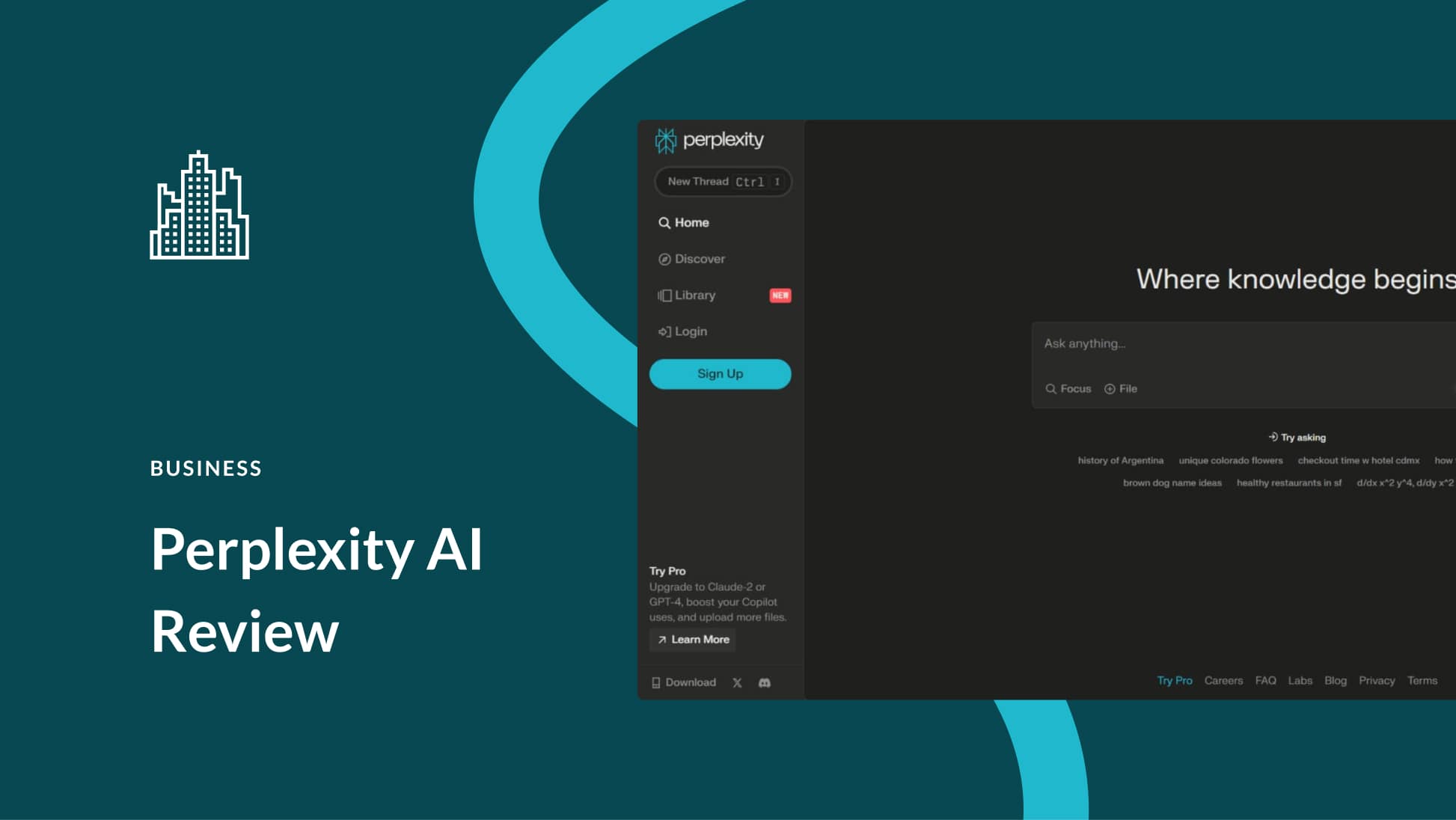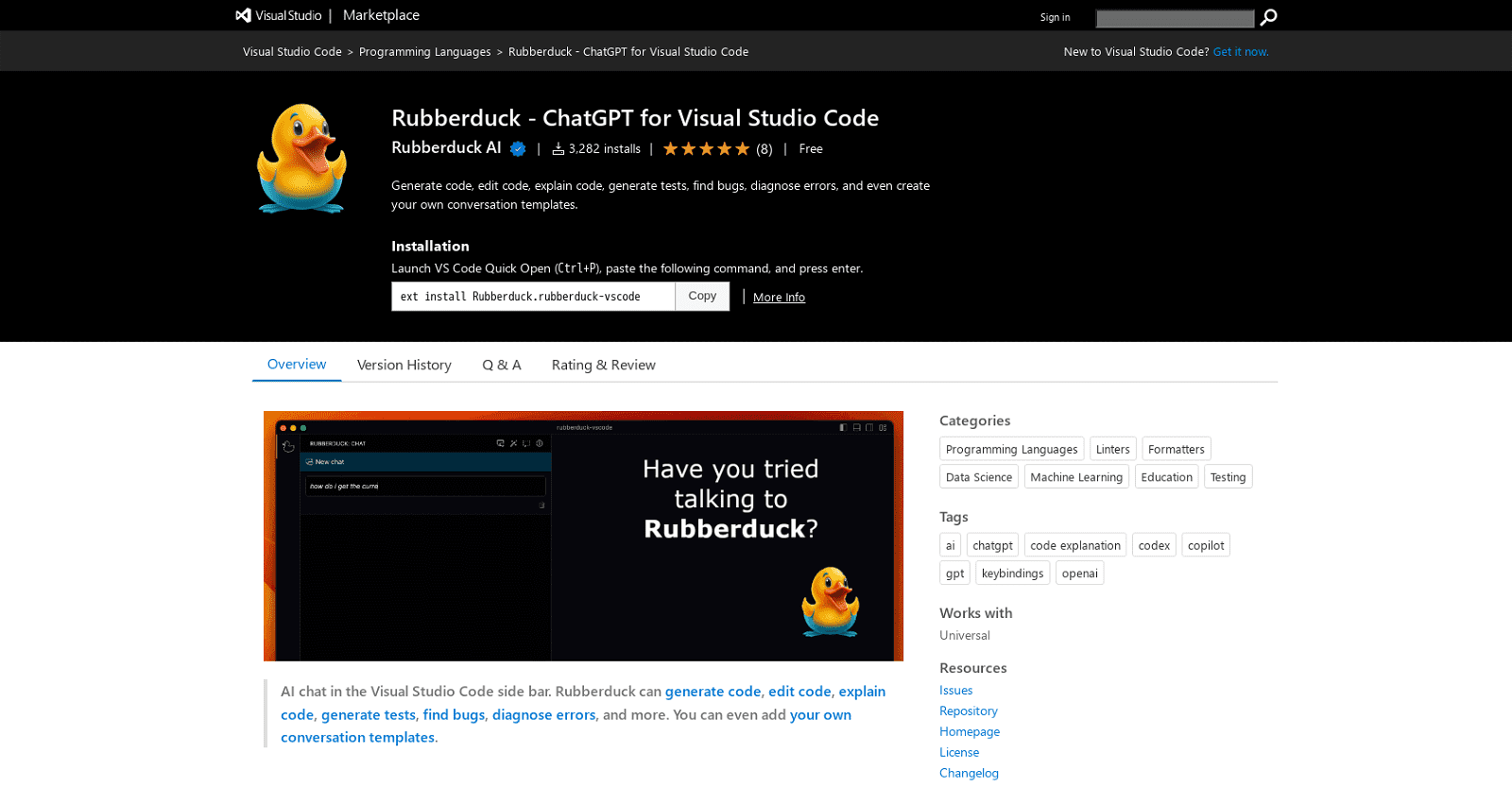LocalGPT is a privacy-focused Chrome extension that brings conversational artificial intelligence directly to users’ computers. Unlike other services that rely on remote servers and data transfer, LocalGPT operates entirely on the user’s device, ensuring privacy and data control.
Once set up, LocalGPT can even function offline, ensuring that no user data leaves their computer. It utilizes WebLLM and WebGPU to deliver a seamless chatting experience.
The performance of LocalGPT depends on the computational capabilities of the user’s device. It’s important to note that the developer emphasizes no usage or transfer of user data for purposes unrelated to the extension’s core functionality.
As an easily accessible extension, LocalGPT makes conversational AI widely available in a privacy-focused manner. Users can refer to the source code for a deeper understanding of how the extension operates.
More details about LocalGPT
What is LocalGPT?
LocalGPT is a Chrome extension that provides users with access to conversational AI directly on their own computers. It’s free, open-source, and prioritizes user privacy by processing data locally, without transferring any information to remote servers. Additionally, it offers offline capabilities, ensuring that users can utilize the extension even without an internet connection.
Is LocalGPT accessible even without internet connection?
Yes, LocalGPT can indeed operate without an Internet connection. Once you’ve finished setting it up initially, it can continue to function offline, ensuring that none of your data leaves your computer.
Does LocalGPT work offline?
Exactly. LocalGPT is designed to operate offline after the initial setup, ensuring that user data remains private and secure as it doesn’t need to leave the user’s device.
How does LocalGPT provide a seamless chatting experience?
That’s right. LocalGPT utilizes the capabilities of WebLLM to offer users a seamless chatting experience directly on their device. This allows for interactive dialogue without the need for data transfer to remote servers, ensuring privacy and control over user data.






